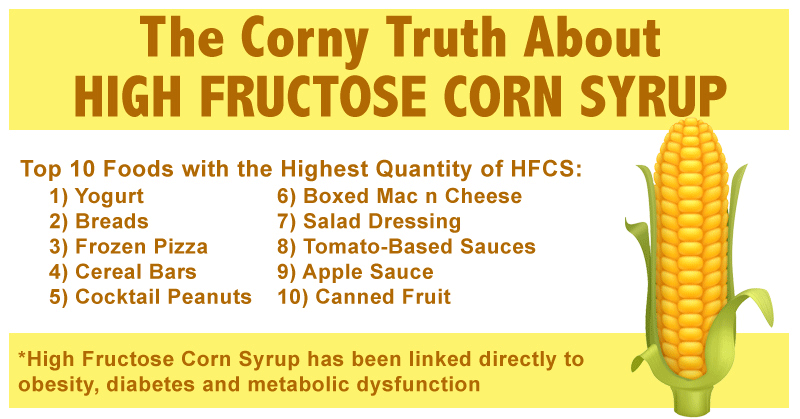No products in the cart.
7). Cortisol pathway
The majority of my investigation and focus these days is centered on the whole endocrine system. Currently I am much more enthusiastic about taking a look at how the human endocrine system functions as a whole to be able to see the bigger picture.
The hypothalamus is commonly disregarded in referring to those hormones and the function it plays. The pituitary gland which releases HGH into the body is dictated by the hypothalamus.

The “hypothalamic-adenohypophyseal AXIS” regulates the discharge of GHRH into the anterior pituitary which energizes the discharge of HGH. It also handles the release of somatostatin or GHIH into the anterior pituitary to slow down the production and release of HGH.
An axis is essentially a feed back loop. It manages the balance of various hormones present in the loop system.
Up till now, we have understood how neurotransmitters like Dopamine and hormones like Ghrelin and Somatostatin are a major factor in HGH production.
Ghrelin is a gut hormone that controls appetite, stimulates the release of GHRH, increases HGH and counters the effects of somatostatin.
The combination of a dopaminergic pathway, insulin pathway, cholinergic (somatostatin suppression) and igf-1 pathway create a powerful environment in the axis that stimulates a HGH pulse.
However, if your body has higher levels of cortisol, then that means it “prioritizes” cortisol over dopamine.
More cortisol implies less HGH and more HGH implies less cortisol.
So, if you lower cortisol, it gives out a signal to the body to start using more of dopamine, producing more dopamine and producing more HGH.
Cortisol will usually be taken care of if you have focused on the “warming and cooling NTs” pathway as well. However, if your current work-life balance is out of whack, you don’t enjoy deep restful sleep or you are chronically stressed, chances are you have a high cortisol.

The interesting thing is Cortisol supports Dopamine function when you’re under stress, for the reason that during those demanding or nerve racking times you burn off enormous amounts of dopamine.
Having said that, when you’re stressed for “too much time” or even days on end, complications arise from the prolonged high cortisol levels.
Your brain becomes accustomed to utilizing cortisol for energy, it will become an inner hormonal strategy for life in your body.
You’re hooked on the cortisol rush and also have the false impression that you’re in charge of your surroundings and keeping yourself on top of stress.
Chronically stressed people want control, may have the illusion that they are in control and find a kind of satisfaction in it.
However, Excessive cortisol results in fat gain especially around the stomach.

If you’re fat and still have high energy, likelihood is your body is burning up cortisol constantly to aid your low dopamine levels.
So, how to deal with Cortisol and increase HGH :-
i). Understand the “warming and cooling NTs” pathway and the importance of deep sleep.
ii). Use the amino acids tyrosine by eating more high protein foods and wheat germ. An HGH supplement containing L tyrosine will help.
iii). Another very powerful supplement that will help in cortisol lowering is L-glutamine.
iv). Eliminate meals that reduce dopamine
- Sugar and other forms such as high fructose corn syrup, corn syrup, fructose, dextrose, agave, sucralose, molasses, and syrup. Use Stevia as your main sweetener.

- High glycemic carbohydrates: cake, crackers, white bread, white rice, pasta, pies, potatoes, and processed foods.
v). Take care of depression or chronic stress if any
Try meditation and mindful relaxation strategies.

vi). Control Depression if any
Depression and HGH do not go together. If you wish to improve your HGH levels, you will have to get this in check: depression contributes to lower HGH levels and is highly related to erectile dysfunction as well, which needless to say will only result in more depression.
Additionally, a lot of us don’t understand that long term depression generally contributes to diabetes, heart disease and loss of human brain tissue on top of that.
Recommended HGH products
I recommend these two HGH products – Genf20 Plus and HyperGH 14X.

